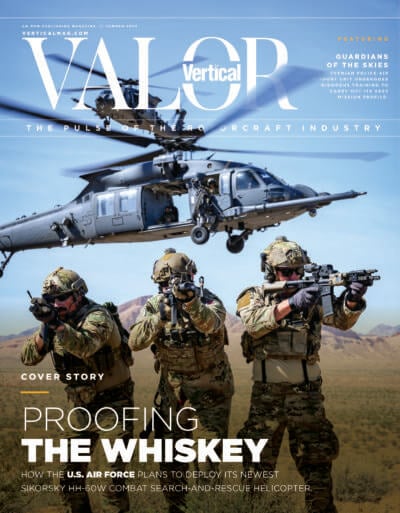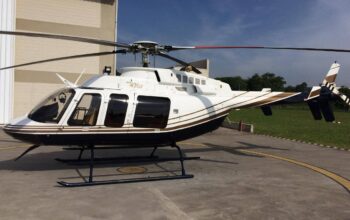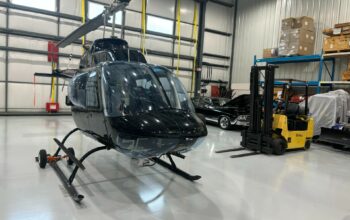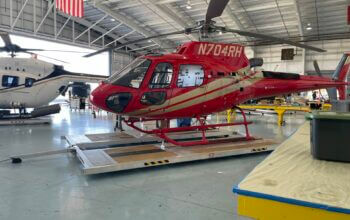
Three years ago, in the depths of the Covid-19 pandemic, around three dozen Sikorsky S-92 helicopters serving the offshore sector were parked due to a lack of demand. Today, a comparable number are grounded for a very different reason: supply chain challenges making it impossible to keep up with a rebounding oil-and-gas industry.
This was the backdrop against which the 2023 CHC Safety & Quality Summit was held from Nov. 14 to 16. The official theme of the summit was “Reset 2024: Developing new safety mindsets,” and it was something of a reset for the summit itself, returning to Vancouver, British Columbia, for the first time since 2016.
The S-92 situation exemplifies the whiplash experienced by the offshore sector in recent years, as a prolonged industry downturn transformed into a boom practically overnight. The sudden reversal in fortune has been welcomed by offshore operators, but it has also come with many challenges, risk management chief among them. After two years without fatal accidents, accidents and fatalities rose sharply in the offshore helicopter sector in 2022.
Technology and safety management systems have both had their time in the spotlight at previous CHC Safety & Quality Summits, but the 2023 edition returned the focus squarely to people, acknowledging that safety is fundamentally a human endeavor. Mirroring conversations in the broader aviation industry around mental health, there was a recognition that the increased tempo of operations is taxing flight crews and maintenance personnel, and that organizations have a growing interest in proactively supporting their employees’ well-being.
The pressure on front-line employees was also recently called out in a safety notice from the International Association of Oil & Gas Producers (IOGP) Aviation Subcommittee (ASC), which highlighted a “significant increase in maintenance related audit findings,” as well as a “perceptible increase in maintenance related incidents being reported.” According to the notice, the ASC believes “the potential and conditions for a serious safety event is clearly growing unless action is taken.”
Representatives of the IOGP were in Vancouver to discuss how oil-and-gas producers can better partner with aircraft operators to support their common safety interests. They also discussed progress in developing the IOGP’s 690 standard, which aims to raise the safety bar by providing a common, contractable standard for the entire offshore helicopter industry.
The demands on flight crews and maintenance personnel have been exacerbated by talent shortages that are impacting other sectors of the aviation industry, too. A major sub-theme of the summit was how to attract and retain the next generation of leaders, with the most valuable insights coming from next-generation leaders themselves.
Anette Kruhaug Haldorsen, Yeshi Soleti and Elian Dupre Sarmiento were among a cohort of promising young professionals who came to Vancouver early for sponsored workshops and networking. On Nov. 15, they joined human factors expert Scott Shappell and aviation training specialist Sam Lee on stage to discuss the industry’s “succession plan.”
Soleti, an artificial intelligence/machine learning (AI/ML) engineer with Lockheed Martin, also joined two of her colleagues — system safety engineer John Hewitt and SMS safety assurance and safety promotion lead Abby Brulotte — to present one of the summit’s breakout sessions. In the two-part session, they first explained how they have applied AI/ML techniques to safety analysis, then discussed their positive experiences working together as a multigenerational team.
Jon Hopkinson, CHC Helicopter’s vice president of safety, compliance and flight standards, welcomed the next-gen attendees’ fresh perspectives.
“We have rightfully been challenged to remain open to new ideas and new technologies,” he said. “There is much to be optimistic about when considering the next generation of talent. Just as we have challenged past mentors, now it is our turn to accept the challenge from those that follow.”









